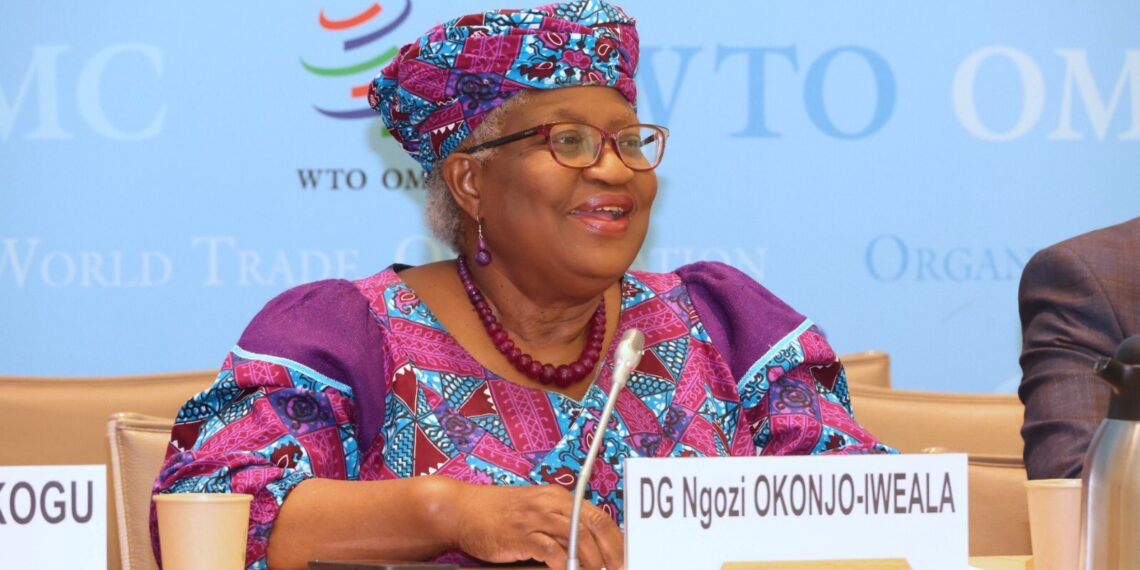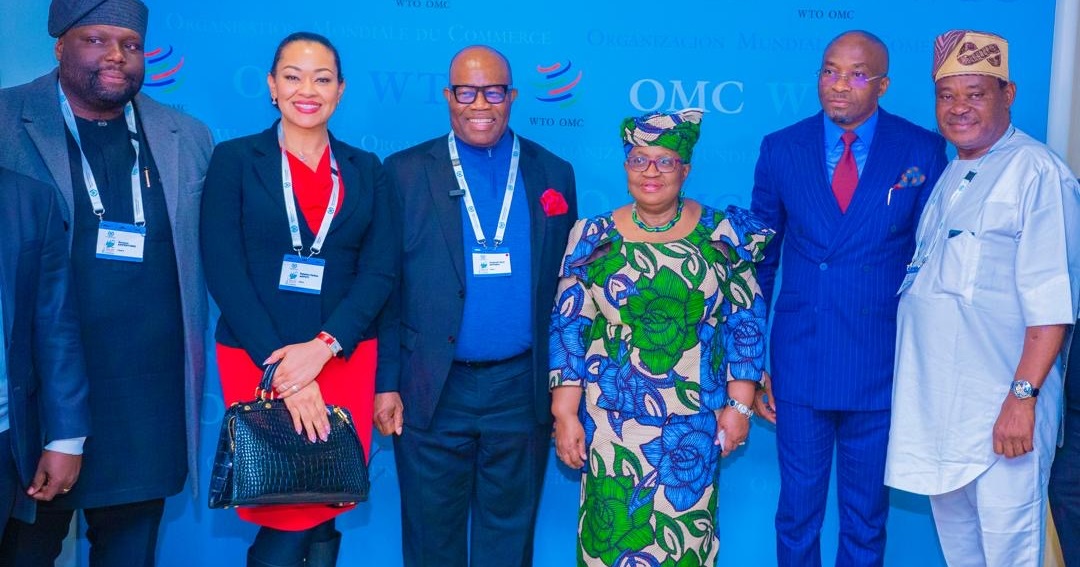
Declining foreign investments in Nigeria
- Economy
- No Comment
- 228

The Director-General of the World Trade Organization (WTO) and former Minister of Finance, Dr. Ngozi Okonjo-Iweala, recently expressed concern over the drastic drop in foreign investments in Nigeria. She said the cost of trade in the country remains “too high” to attract foreign and domestic investments in the economy. Her concern delivered virtually during the recent two-day mid-term ministerial review retreat at the Presidential Villa, Abuja, came amidst the report that foreign portfolio investment inflow in Nigeria dropped to N262billion year-on-year as at August 2021, from N470.2billion in the corresponding period of 2020.
Total transactions for domestic and foreign components of the portfolio investments in the equities market in the Nigerian Stock Exchange as at August 2021 increased only marginally by 0.9 per cent to N1.213trillion as against N1.207trillion in the corresponding period in 2020. Although global foreign direct investments fell by 42 per cent from $1.5trillion in 2020 as a result of COVID-19 pandemic and other factors, according to the United Nations Conference on Trade and Development (UNCTAD) Investment Trade Monitor, that of Nigeria was more. For Nigeria to attract the much-needed direct foreign investments, the government must address the worsening security challenges. As the WTO boss and other experts have said, Nigerian government must slash not only trade costs, but also infrastructure costs and other factors that hamper movement of goods across the country to complement investment facilitation.
Currently, Nigeria’s suffocating business environment is a major factor in the drop in foreign investments. Indeed, the present business environment is unfriendly. The Ease of Doing Business (EoDB) is still scary despite a slight improvement recorded last year. Rising insecurity is a major concern to potential investors. The matter is further worsened by infrastructure deficit, high cost of production occasioned by epileptic power supply, policy somersaults, multiple taxation and political uncertainty. All are disincentives to investment.
Therefore, government should rise to its responsibilities by providing the enabling environment for businesses to thrive. No investor goes to where the prospect of making returns in investment is not bright. Government should create incentives that will encourage both local and foreign investors. The economy needs investments to stimulate growth and generate more revenues. Every geo-political zone has witnessed a massive drop in investment. For instance, a recent report on Foreign Direct Investments (FDI) in Nigeria, estimated at $93.3billion between 2013 and the first quarter of 2020 showed that the South East region received the least amount of $203.898 million. The amount, which represents a paltry 0.22 per cent of the total FDI within the period, is grossly inadequate considering the fact that the region boosts a sizeable portion of the nation’s top entrepreneurs.
A breakdown of the investment figures from the National Bureau of Statistics (NBS) shows that South East did not do well within the seven-year period. With $152 million worth of investments in 2013 and $151million in 2014, Enugu State was adjudged to have garnered the most investments within the period. Abia had a total of $9.7billion worth of investments between 2013 and 2014 and Anambra $38billion. Imo had less than $10billion while Ebonyi had none. But experts have blamed this low return on investment on factors such as unfriendly tax regimes and poor quality infrastructure.
Comparative figures from the NBS report indicate that South East only outperformed the North East and North West within the same period (2013-2020), with capital importation of $39.4billion (0.04 per cent) and $29.9billion (0.03 percent), respectively. The South West received the largest, $81.8billion, representing 87.70 per cent of the total FDI, South South $470.6 million (0.50 per cent), and North Central, $10.7billion (11.51 percent).
A World Bank report last year on Ease of Doing Business (EoDB) while rating Nigeria 15 places in the index, region by region, the South East was ranked low, citing lack of coordination among the political leaders in the zone, poor infrastructure, multiple taxation, among others. A recent survey by the Manufacturers Association of Nigeria (MAN) stated that most of the industrial layouts that should have served as industrial clusters in the South East were converted to personal estates and hotels. The current security breaches in the zone have worsened the flow of investments. Altogether, Nigeria needs a new blueprint for industrialisation and mobilisation of investment inflows into the country.
By Rapheal https://www.sunnewsonline.com/declining-foreign-investments-in-nigeria/




